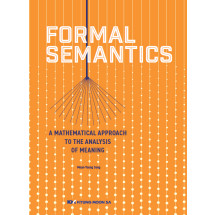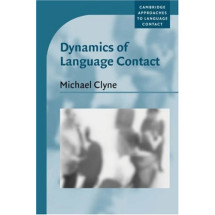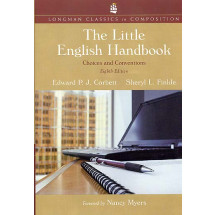Kate Flint is University Lecturer in Victorian and Modern English Literature, and Fellow of Linacre College, Oxford. She is the author of several books, and the editor of Trollope's Can You Forgive Her and Woolf's Jacob's Room in World's Classics. Margaret Cardwell has edited The Mystery of Edwin Drood and Martin Chuzzlewit in World's Classics. --This text refers to the Audio CD edition.
Charles Dickens was born on February 7, 1812, in Landport, Portsea, England. He died in Kent on June 9, 1870. The second of eight children of a family continually plagued by debt, the young Dickens came to know not only hunger and privation,but also the horror of the infamous debtors prison and the evils of child labor. A turn of fortune in the shape of a legacy brought release from the nightmare of prison and lave factories and afforded Dickens the opportunity of two years formal schooling at Wellington House Academy. He worked as an attorney's clerk and newspaper reporter until his Sketches by Boz (1836) and The Pickwick Papers (1837) brought him the amazing and instant success that was to be his for the remainder of his life. In later years, the pressure of serial writing, editorial duties, lectures, and social commitments led to his separation from Catherine Hogarth after twenty-three years of marriage. It also hastened his death at the age of fifty-eight, when he was characteristically engaged in a multitude of work.'Another reviewer claims that you have to be at least 21 years old to read this book. Although I don't think it should be "forced" on schoolchildren (they will only hate it) I read this novel when I was a child and I loved it. I have just re-read it now and I enjoy it all the more. This is my favorite novel by Dickens. It is from his later period and is criticized for being too dark - which, however, makes it more perfect for today's sensibilities. Stephen King cites this work as one of his favorites: he believes that it is this book that brought the gothic novel mainstream.
Was there ever a novelist who created more memorable characters than Dickens? Here, we meet perhaps his most intriguing - Miss Havisham. For anyone unfamiliar with the story, I will not spoil it by describing her. The story is similar to parable about the prodigal son - good Pip inexplicably comes into some money and goes off to the corrupting city.
AN IMPORTANT THING TO NOTE: Dickens wrote two ending for this book. His friends thought that the original ending was too downbeat and they asked him to come up with a different one. It is the upbeat ending that is the official ending of the novel. However, most critics agree that the original unpublished ending is better. Most modern editions feature the unpublished ending in an appendix. MAKE SURE YOU BUY A COPY THAT CONTAINS THE ORIGINAL ENDING!












